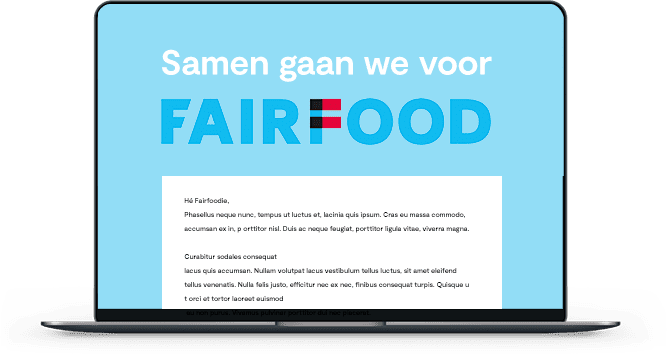What you need to know about coffee
Our blockchain specialist Marten van Gils was in Ethiopia to put coffee on blockchain. In this blog post he tells us about his first impressions and shares his thoughts on what you need to know about coffee.
Coffee. Since I got a cup of warm, bittersweet coffee from my uncle on my 9th birthday, I drink it almost every day. Now less than before, but the quality has really improved in recent years. At home I also drink real espressos, from freshly ground coffee beans. I’m gradually starting to develop preferences in the field of dark vs medium roast, coarse vs more fine ground, single-source Arabica vs kilo-stunner Robusta. And yet, as it turned out, I actually know very little about coffee.
That it is made from the seeds of sweet, red berries, for example. That those berries grow on man-sized shrubs, overshadowed by large trees in the hills of countries like Guatemala, Uganda and Ethiopia. That the people who pick them are often children, or their parents—proud coffee farmers, but they themselves don’t make a dime. If you could taste poverty in your coffee…
Export or local?
Coffee. As a berry it is picked, weighed and washed, selected and dried, packed and stored. Then transported, tested, peeled, cut and roasted. Then a professional ‘nose’ comes to smell, slurp and taste it, until it’s announced whether it is meets the grade of 83/100 (export quality) or is closer to 79, and will therefore be sold locally. All in all, I counted at least fifty steps in between the berry and barista. Every bean is touched several times by human hands, not to mention the machines, the kilometers, the money flows and trade rules. Unbelievable, what an industry.
It isn’t surprising that a thick industry has been built around this. It’s estimated that there are 25 million coffee farmers and a total of 125 million people depending on coffee for their livelihood. After oil, it is the biggest commodity on earth! Billions go into the industry. This makes it the main source of foreign currency for poor countries like Ethiopia, which the Ethiopian government desperately needs. For this reason, the rule was introduced that all coffee above the quality grade of 83/100 MUST be exported to foreign markets. And so in Ethiopia, a coffee-drinking country, a coffee shortage arose in the local market. This resulted in bad, local coffee being more expensive than the better, exported coffee. You can’t make this stuff up! Abuses such as these—with all the consequences for people and nature—are ubiquitous in coffee. This is why Fairfood is campaigning for a more sustainable coffee industry, in which the farmers can at least receive a fair price for their berries.
Fairchain
Our partner FairChain.org has been working on this path for years. As a purveyor to the Amsterdam coffee brand Moyee, they make high-quality coffee beans in a special way. The starting point is that at least half of what the consumer pays ends up in the country of origin, usually this is no more than 20%. For companies like Douwe Egberts, only 2% stays with the farmer.
We help FairChain to, among other things, make that ‘fairchain’ claim solid. And just like with our coconut campaign, we do that without a quality mark, but with the help of blockchain technology. We cluster these fifty production steps in six ‘value added steps’ such as ‘collection’, ‘washing’ and ‘roasting’. In each step we demonstrate that the value increase was by means of invoices and payment receipts. In this way, as a consumer, you can ultimately see how the price you pay has come to be and whether your coffee is honest. The use of blockchains is unique in the sense that payments are permanent and decentralized, but also that a direct, digital connection between farmers and consumers is built. With this, we can immediately pay the farmers in the next steps using smart contracts…and crypto. Coffeecoin?
It’s best to keep some feet on the ground, so we have blockchained 370,000 kilos of coffee berries. We are very happy with that. So, to be continued…
